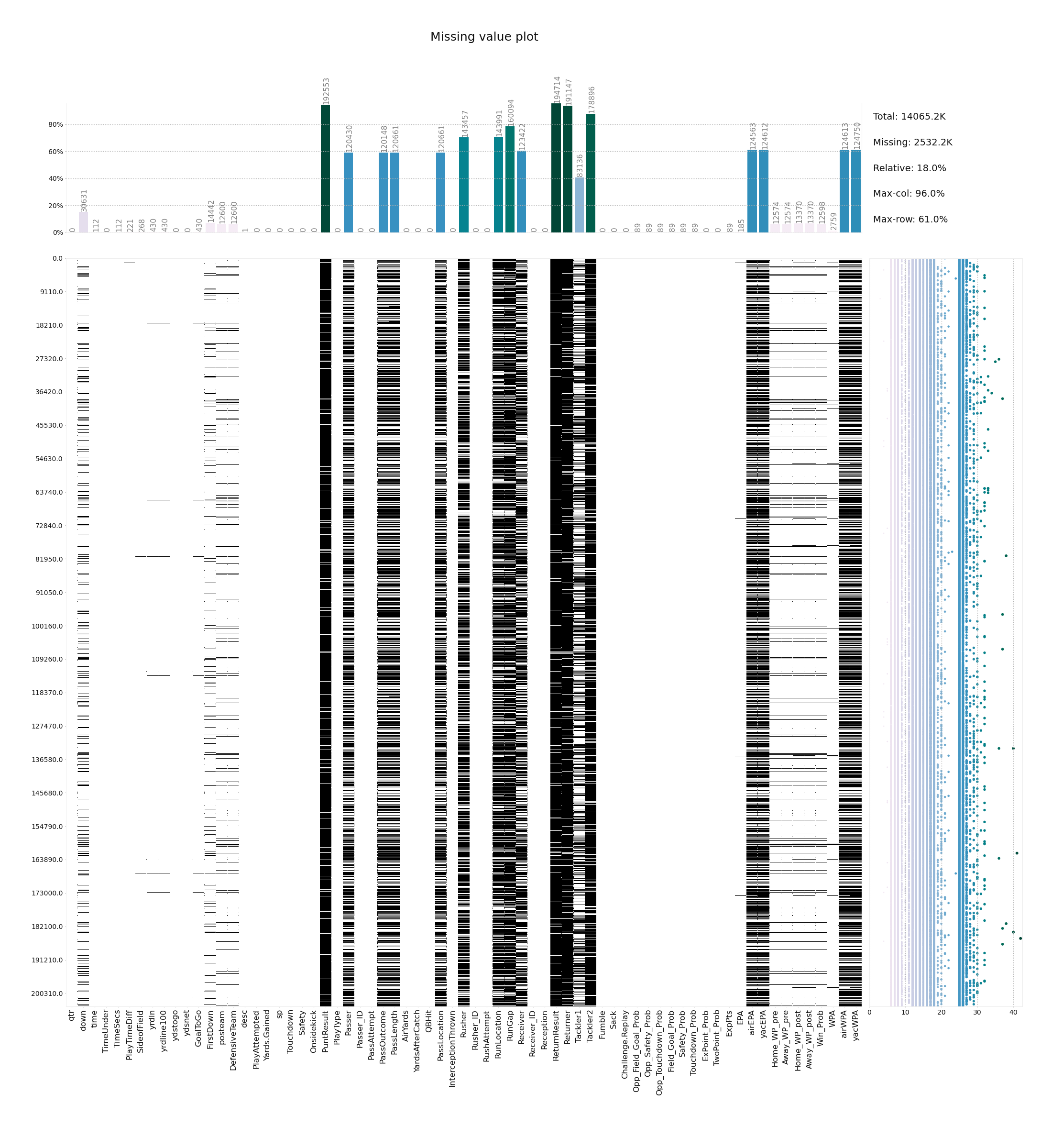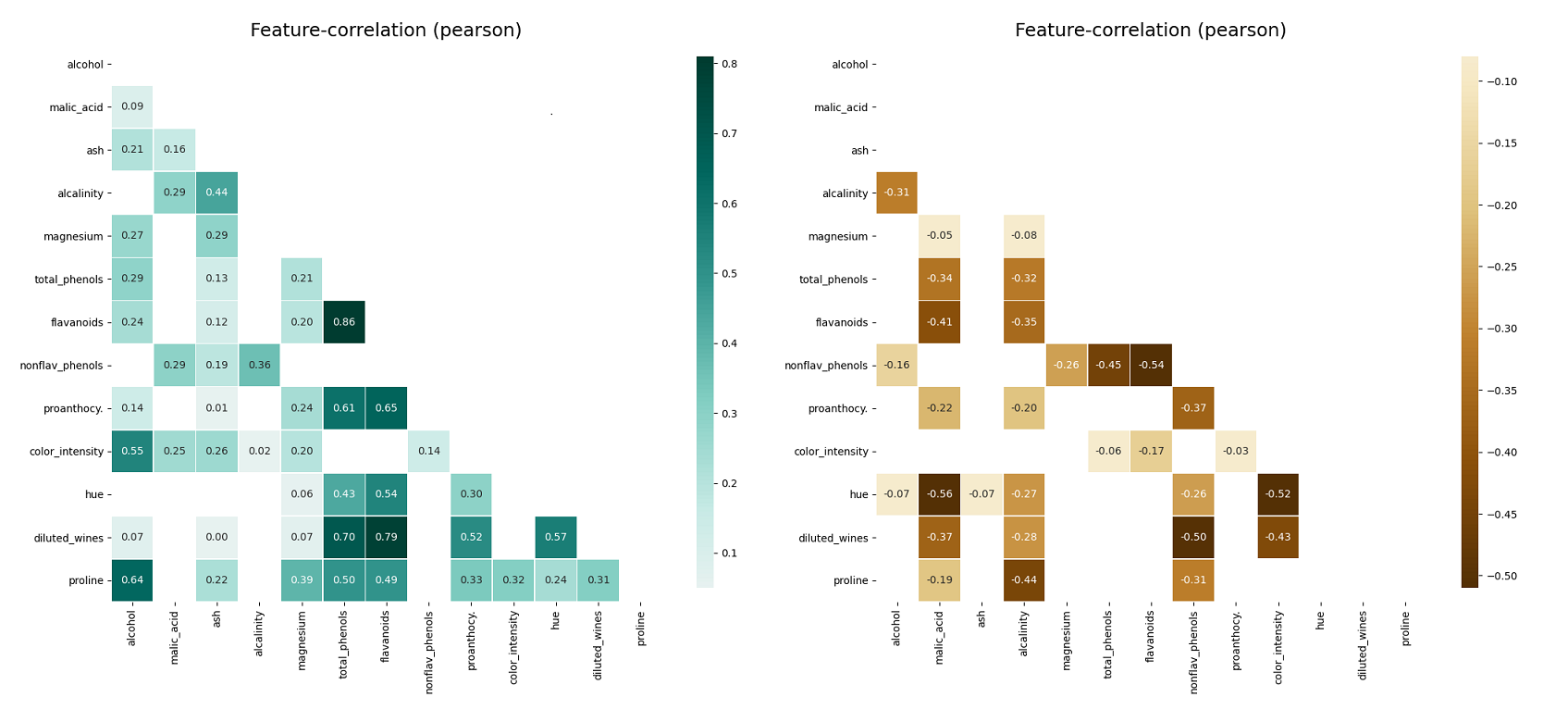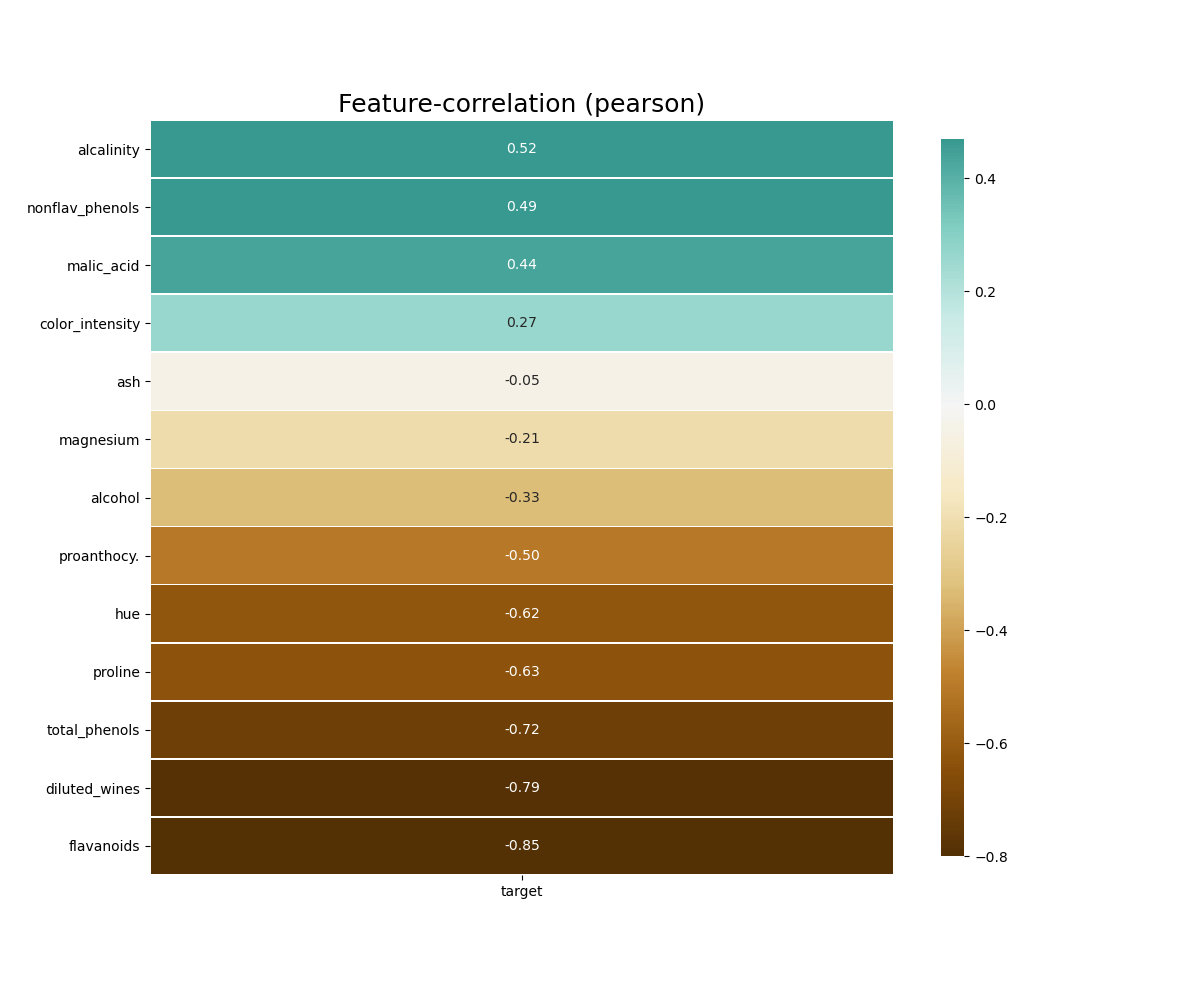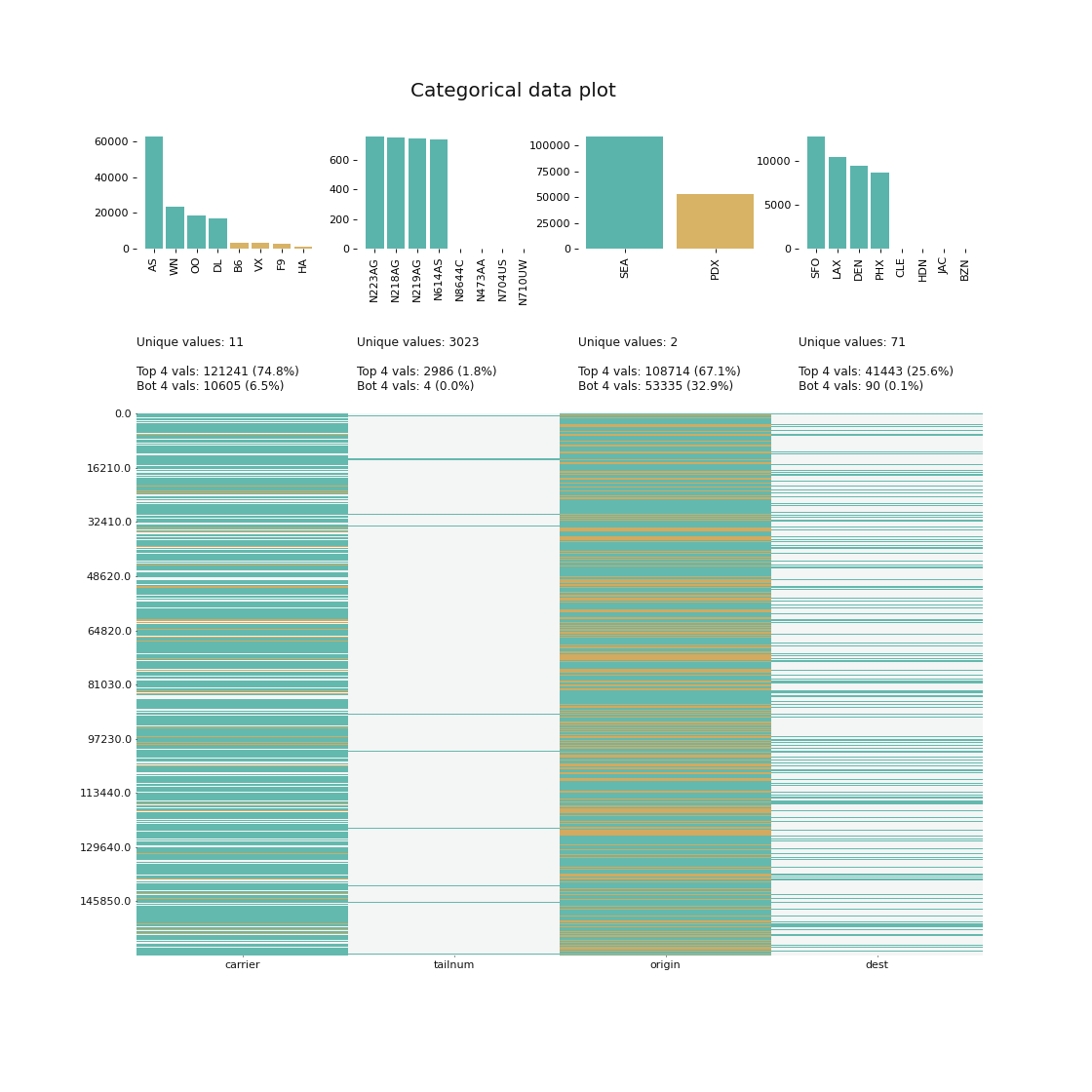
Security News
Research
Data Theft Repackaged: A Case Study in Malicious Wrapper Packages on npm
The Socket Research Team breaks down a malicious wrapper package that uses obfuscation to harvest credentials and exfiltrate sensitive data.

klib is a Python library for importing, cleaning, analyzing and preprocessing data. Explanations on key functionalities can be found on Medium / TowardsDataScience and in the examples section. Additionally, there are great introductions and overviews of the functionality on PythonBytes or on YouTube (Data Professor).
Use the package manager pip to install klib.
pip install -U klib
Alternatively, to install this package with conda run:
conda install -c conda-forge klib
import klib
import pandas as pd
df = pd.DataFrame(data)
# klib.describe - functions for visualizing datasets
- klib.cat_plot(df) # returns a visualization of the number and frequency of categorical features
- klib.corr_mat(df) # returns a color-encoded correlation matrix
- klib.corr_plot(df) # returns a color-encoded heatmap, ideal for correlations
- klib.corr_interactive_plot(df, split="neg").show() # returns an interactive correlation plot using plotly
- klib.dist_plot(df) # returns a distribution plot for every numeric feature
- klib.missingval_plot(df) # returns a figure containing information about missing values
# klib.clean - functions for cleaning datasets
- klib.data_cleaning(df) # performs datacleaning (drop duplicates & empty rows/cols, adjust dtypes,...)
- klib.clean_column_names(df) # cleans and standardizes column names, also called inside data_cleaning()
- klib.convert_datatypes(df) # converts existing to more efficient dtypes, also called inside data_cleaning()
- klib.drop_missing(df) # drops missing values, also called in data_cleaning()
- klib.mv_col_handling(df) # drops features with high ratio of missing vals based on informational content
- klib.pool_duplicate_subsets(df) # pools subset of cols based on duplicates with min. loss of information
Find all available examples as well as applications of the functions in klib.clean() with detailed descriptions here.
klib.missingval_plot(df) # default representation of missing values in a DataFrame, plenty of settings are available

klib.corr_plot(df, split='pos') # displaying only positive correlations, other settings include threshold, cmap...
klib.corr_plot(df, split='neg') # displaying only negative correlations

klib.corr_plot(df, target='wine') # default representation of correlations with the feature column

klib.corr_interactive_plot(df, split="neg").show()
# The interactive plot has the same parameters as the corr_plot, but with additional Plotly heatmap graph object kwargs.
klib.corr_interactive_plot(df, split="neg", zmax=0)
#Since corr_interactive_plot returns a Graph Object Figure, it supports the update_layout chain method.
klib.corr_interactive_plot(wine, split="neg").update_layout(template="simple_white")
klib.dist_plot(df) # default representation of a distribution plot, other settings include fill_range, histogram, ...

klib.cat_plot(data, top=4, bottom=4) # representation of the 4 most & least common values in each categorical column

Further examples, as well as applications of the functions in klib.clean() can be found here.
Pull requests and ideas, especially for further functions are welcome. For major changes or feedback, please open an issue first to discuss what you would like to change.
FAQs
Common data preprocessing and visualisation functions.
We found that klib demonstrated a healthy version release cadence and project activity because the last version was released less than a year ago. It has 1 open source maintainer collaborating on the project.
Did you know?

Socket for GitHub automatically highlights issues in each pull request and monitors the health of all your open source dependencies. Discover the contents of your packages and block harmful activity before you install or update your dependencies.

Security News
Research
The Socket Research Team breaks down a malicious wrapper package that uses obfuscation to harvest credentials and exfiltrate sensitive data.

Research
Security News
Attackers used a malicious npm package typosquatting a popular ESLint plugin to steal sensitive data, execute commands, and exploit developer systems.

Security News
The Ultralytics' PyPI Package was compromised four times in one weekend through GitHub Actions cache poisoning and failure to rotate previously compromised API tokens.